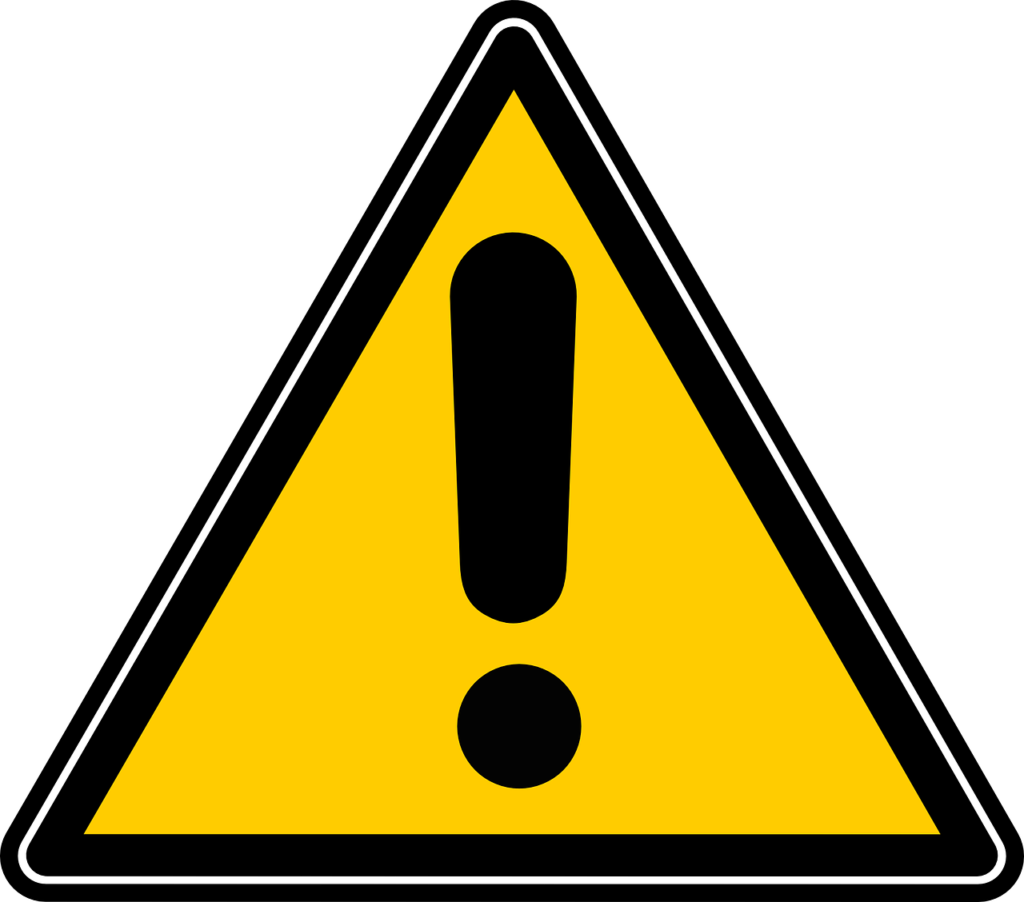Rats are undoubtedly the most dangerous pest in Canada. Due to their activity of eating and drinking contaminants frequently, rats have acquired the ability to carry a whole host of potentially fatal diseases that can be spread to humans. That is why it is advisable to consult a professional pest control service in Hamilton to deal with rats. The most frequent way for humans to become infected from rat diseases and bacteria is through rat feces and urine. With a rat infestation inside of a home, the feces and urine are frequently assembled multiple times a day, making large stockpiles of decaying feces frequent throughout a home. Once rat feces become dry, the bacteria can then be passed into the surrounding atmosphere and subsequently into the lungs of human beings. In addition to airborne pathogens from rat feces, the smell of rat urine, as well as the spreading of the bacteria emitting from it can easily spread to surfaces that humans frequently touch.
Rat feces and urine is the common vector of Hantavirus Pulmonary Syndrome (HPS). This respiratory illness is caused by dried rat feces particles entering the lungs of humans and then causing the syndrome. Signs and symptoms include fatigue, fever, aches and pain, vomiting, diarrhea, headache, dizziness, chills, and eventually a painful and consistent cough. In addition to HPS, rats can also transmit bubonic plague to humans, which can be lethal if not treated early. Leptospirosis is also a disease transmitted to humans from rats, as well as salmonellosis, which can be transmitted to humans who unknowingly touch rat feces or urine.
Due to the overwhelming number of diseases and health risks that can come from rat feces and urine, cleaning up the waste should never be attempted. Always consult with a pest control professional who specializes in rat feces cleanup in addition to rat removal. Professionals possess the proper equipment to protect themselves while they are handling the feces, simple gloves and over-the-counter respiratory masks will not be enough to limit the exposure risk that comes with attempting to clean up rat waste. Once the feces have been cleared away, a full and industrial-grade cleaning and sanitation of the area will need to be performed.
First and foremost, it is very difficult to try and kill rats due to their size alone. They are about the size of a large puppy at their largest and this presents many challenges in trying to physically do harm to them. They multiply rapidly as well, meaning you could very well be facing an entire colony of rats and not even know about it. Attempting to capture them with traps is also not a very good idea. Apart from the obvious problem of having nowhere to take them once they are inside of the traps, this activity will open you up to rat exposure, making it easier for the rats to bite or scratch as well as pass germs to your person. Rats are a very dangerous pest and you should certainly never try and remove these volatile animals on your own due to their dangers.

